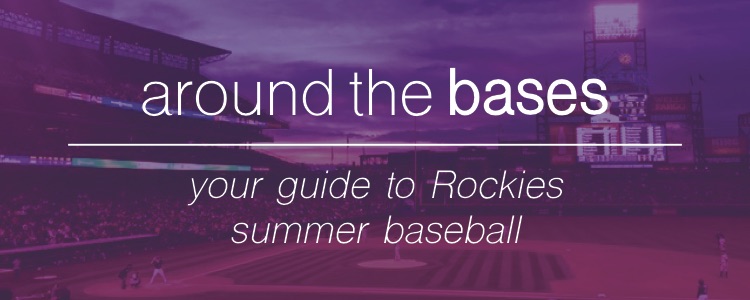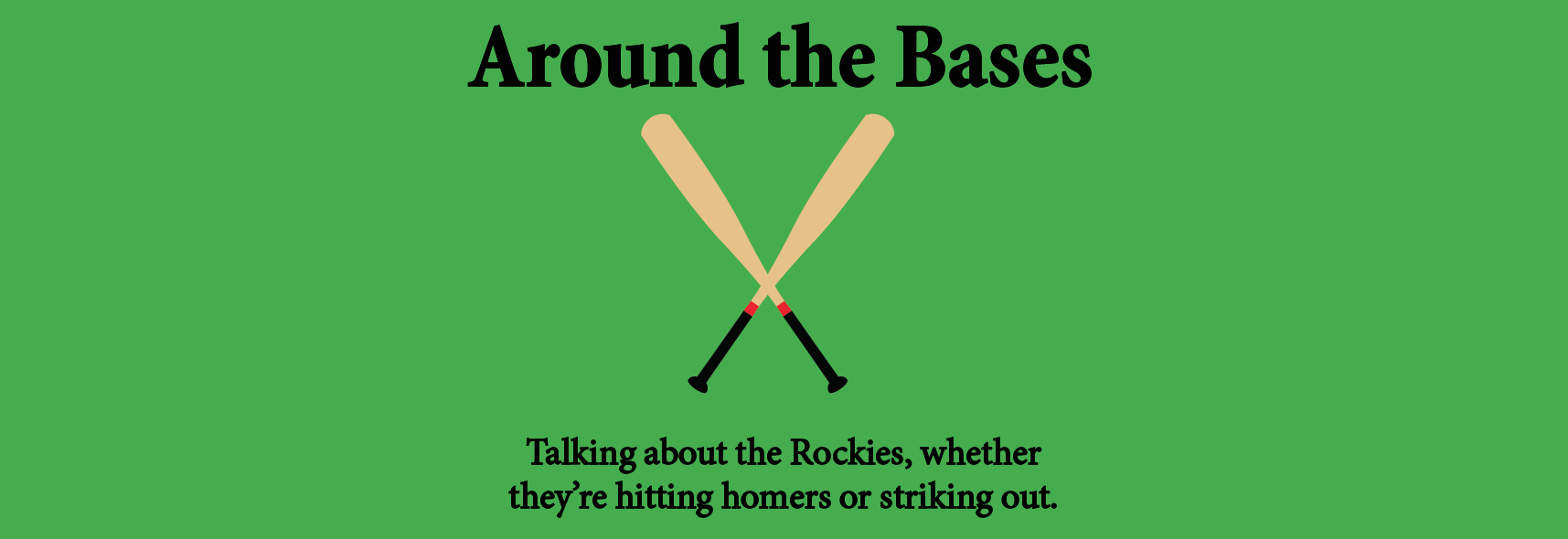This year’s MLB Midsummer Classic (otherwise known as the All Star Game) will take place in San Diego at PetCo Park on Tuesday, July 11. The Home Run Derby will be the night before on July 10.
Fan voting determines the starting line-up for the both the American League and National League rosters while players vote for the rest. The manager of each team—who are the managers of last year’s World Series teams—and a final fan vote fill up the rest of the roster.
While involving the fans is great and all, fan voting also lends itself to a certain bias; teams with larger markets or players with greater name recognition (usually those in big market areas or historical significance) can be overrepresented. As seen in this year’s All-Star Game, which might as well be called the Boston Red Sox vs. Chicago Cubs game at PetCo Park. The Red Sox have four starting position players and two pitchers. The Cubs have five—FIVE—starters, plus a pitcher. (For those keeping track at home, that means half the starting lineup is a Chicago Cub.) Their entire infield was elected to the All Star Game in an entirely unprecedented event. Unprecedented and most likely incorrect.
Look, I’m not denying that the Cubs have been one of the best teams in the MLB during the first half of the season. But that absolutely does not mean that their entire infield deserves to be voted into the All Star Game. If every single player in their infield—first, second and third base and shortstop—deserved to be in the All Star Game, then they should be, that’s fine. But they don’t. At least not to be starters. Anthony Rizzo (1B) and Kris Bryant (3B) have the strongest arguments to be starters, but not Ben Zobrist (2B) and Addison Russell (SS). Corey Seager (Los Angeles Dodgers), who is probably going to the NL Rookie of the Year should be starting at shortstop. Not Russell, who probably shouldn’t have even made the All Star Game, to be completely honest.
But this is a blog about the Rockies not about the dumb decisions that voters in Chicago made, so here’s how the Rockies fared:
Nolan Arenado (3B) and Carlos Gonzalez (OF) were both selected as backups, but due to multiple injuries in the NL outfield, Gonzalez will be starting the All Star Game. He will also be in the Home Run Derby. Arenado backing up Bryant at third is a little bit easier to argue. First of all, Bryant has played more games in the outfield (54) than at third base (53). Okay, it’s by one, but it’s almost as many games as fellow Cub and All Star starter Dexter Fowler has played in the outfield this season (64 games for those interested). Arenado is also a better fielder, has a better batting average and more RBIs. But Bryant is without a doubt an All Star, so the case could go either way.
Rookie shortstop Trevor Story was one of five players chosen by NL manager Terry Collins (New York Mets) to be in the Final Vote. However, he placed third, losing out to Giants first baseman Brandon Belt.
There’s absolutely a case to be made that second baseman DJ LeMahieu coulda shoulda woulda made the team, but not everyone can make it. The All Star Game isn’t like youth soccer; not everyone gets a trophy. Unless, of course, you’re an infielder for the Chicago Cubs.
All of this just goes to show that the All Star Game is a popularity contest like any other. Of course, it doesn’t really mean anything because sports doesn’t really mean anything, but if the MLB wants the game to be honest, then maybe they should consider letting the players and managers pick the starters. Fans can pick the reserves. Think about it: fans would vote the same way they always do, but would be balanced out by knowledge of the players and managers. It might be an awful idea, or it could lead to a more correct and balanced All Star roster.


